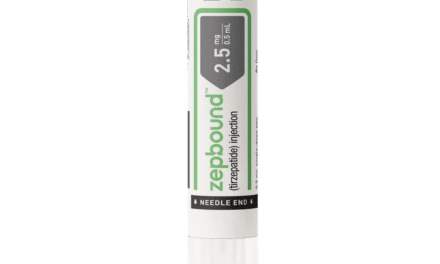Last Updated: 2008-08-29 12:21:39 -0400 (Reuters Health)
Prefabricated thermoplastic oral appliances for mandibular advancement are not effective for treating mild sleep apnea, and clinicians should use custom-made devices instead, new research suggests.
The appliances made of thermoplastic material, so-called "boil-and-bite" devices, are meant to provide an individualized fit and to be an alternative to devices made by technicians from dental casts.
"To date, there have been no studies comparing the efficacy of such prefabricated devices with custom-made devices," lead author Dr. Olivier M. Vanderveken, from the University of Antwerp in Belgium, and colleagues point out.
The present findings suggest that not only are the thermoplastic devices poor treatments for sleep apnea, they are not useful in screening patients for response to mandibular advancement therapy, the authors note in the American Journal of Respiratory and Critical Care Medicine for July 15.
The current cross-over trial involved 4 months of treatment with each type of device separated by a 1-month period in 35 patients with mild sleep apnea.
The custom-made devices, created using a plaster cast of the patient’s mouth and construction bites, significantly reduced the apnea-hypopnea index, whereas the prefabricated devices did not.
Roughly one third of patients treated with prefabricated devices had compliance failure, usually due to insufficient retention at night. The total failure rate with such devices was 69%. Sixty-three percent of patients who failed with prefabricated devices, succeeded with custom-made devices.
Eighty-two percent of patients reported a preference for custom-made devices and 9% of subjects indicated no preference (p < 0.0001).
"Our results suggest that the thermoplastic device cannot be recommended as a therapeutic option nor can it be used as a screening tool to find good candidates for mandibular advancement therapy," the authors conclude.
Am J Respir Crit Care Med 2008;178:197-202.




